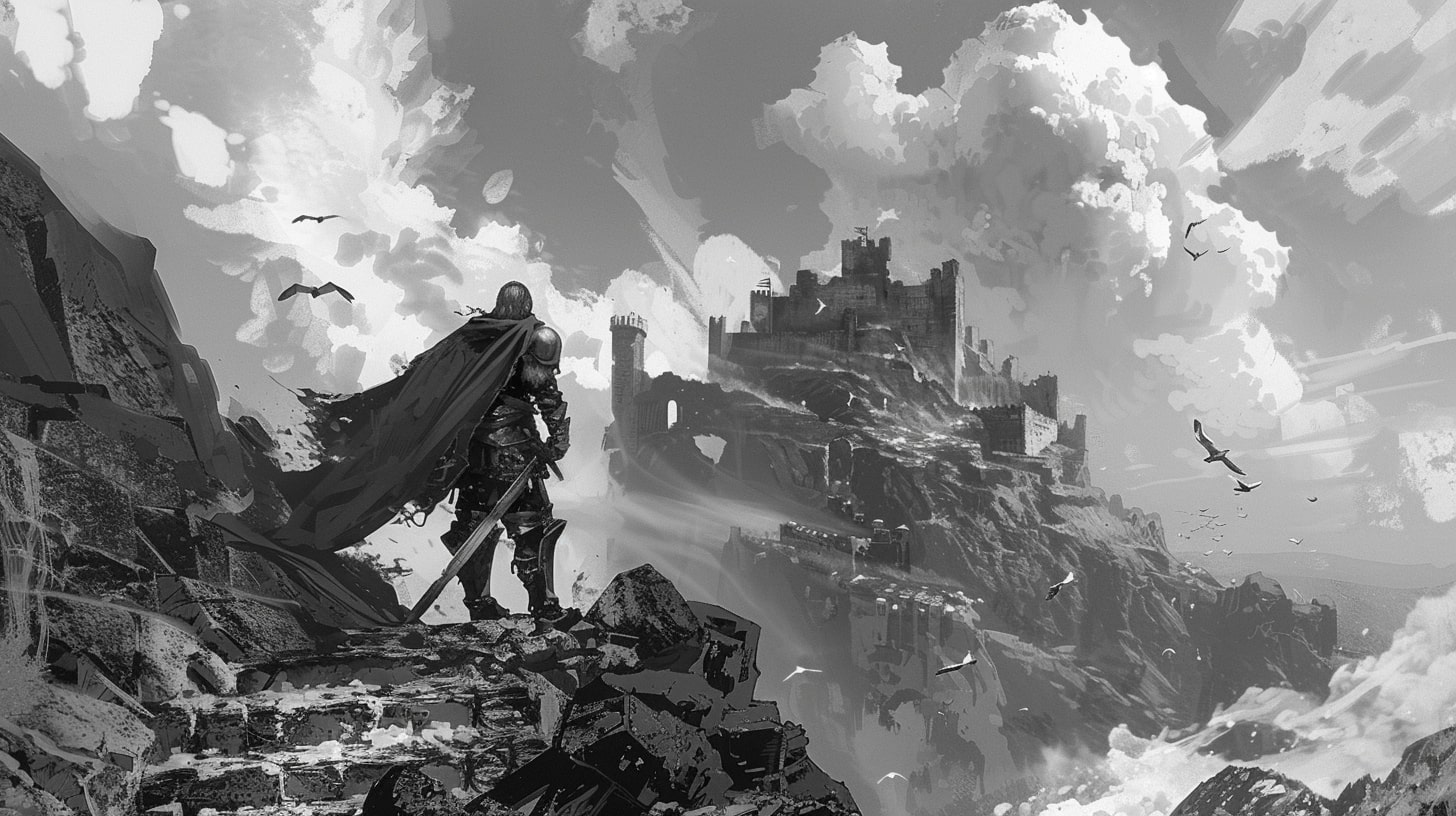
13 Best Worldbuilding Tips That Actually Work (Instead of Making You Want to Quit)
Discover 13 practical worldbuilding tips for beginners that actually work. Learn to create immersive worlds without gett...


Step into a sanctuary for worldbuilders and storytellers. Forge intricate realms, weave epic tales, and discover the boundless creations of fellow travelers. Your saga begins here.
Powerful tools designed specifically for worldbuilders and storytellers

Create and organize detailed notes about your world's lore, characters, locations, and history.

Manage multiple stories and writing projects with integrated worldbuilding references.

Join daily prompts and challenges to develop your world and maintain writing momentum.

Connect with fellow worldbuilders, share snippets, and participate in word wars.
Explore rich, immersive worlds created by our community of worldbuilders

A concrete pit. 20 feet wide. 40 feet deep. No way out. This is life now. How does it play out?

They came to Earth looking to invite us into a galactic federation. We fucked it up. Now we are trying to make things right.
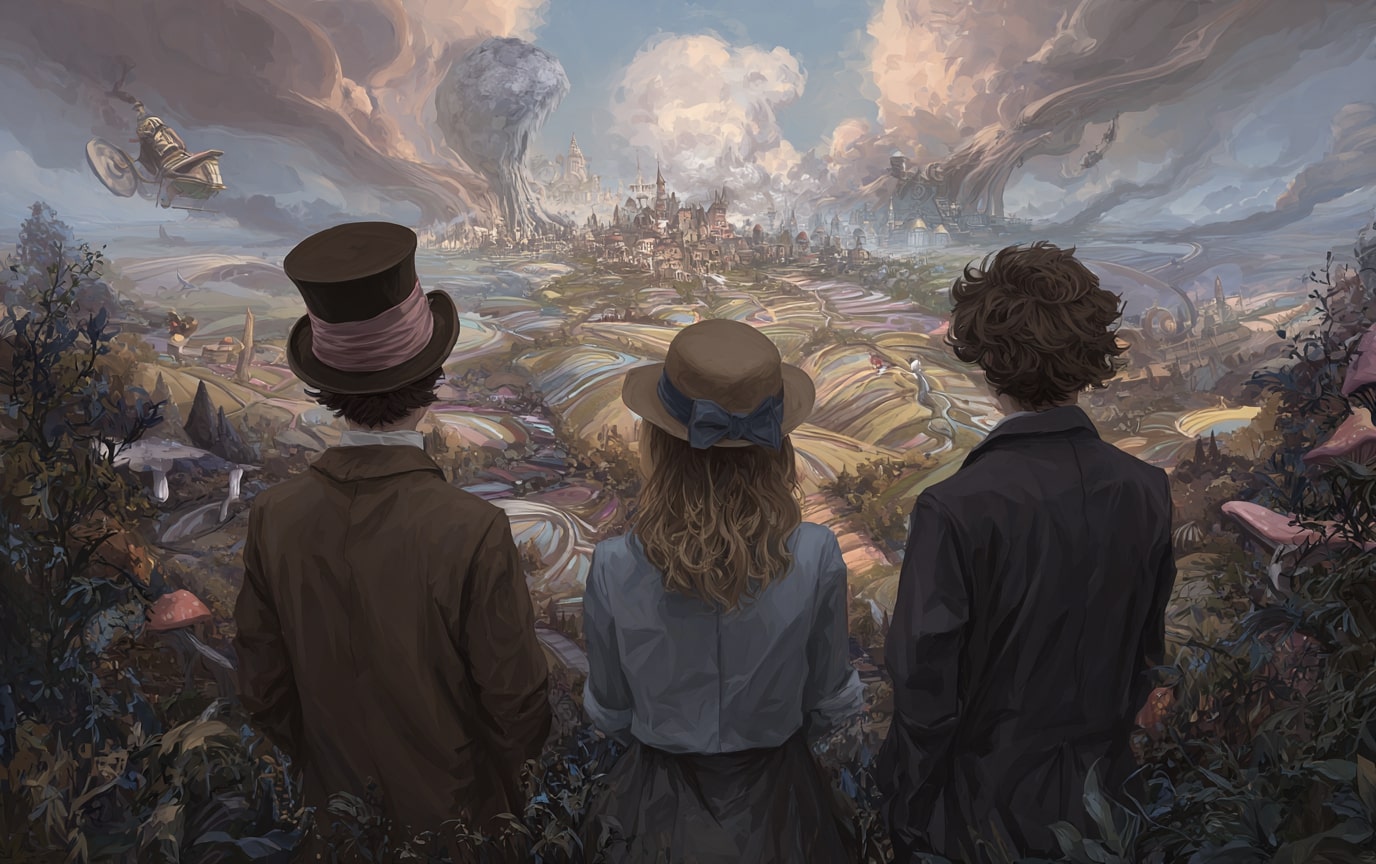
Random everyday objects contain pocket dimensions - and finding the right one is worth millions or a death sentence.

Blood-powered clocks that count down to life-changing events without telling you what the hell those events actually are.

Random people wake up trapped in strangers' bodies for twelve hours as silent witnesses who see everything except the one face that matters.

A world where reality resets every seven years and the only way to remember it all is to slowly forget who you are.
Immerse yourself in compelling stories crafted by talented writers

You're going to hear things before they happen. Not everything. Just certain sounds. The ones that matter.

For everyone else who's ever wondered how long humans can stay human when there's nothing left to do but exist.

Twelve years ago, aliens showed up offering friendship and free fusion power. We fucked it up so badly they left without even saying goodbye.

The stories of those in the cycle and how they handle moving forward.
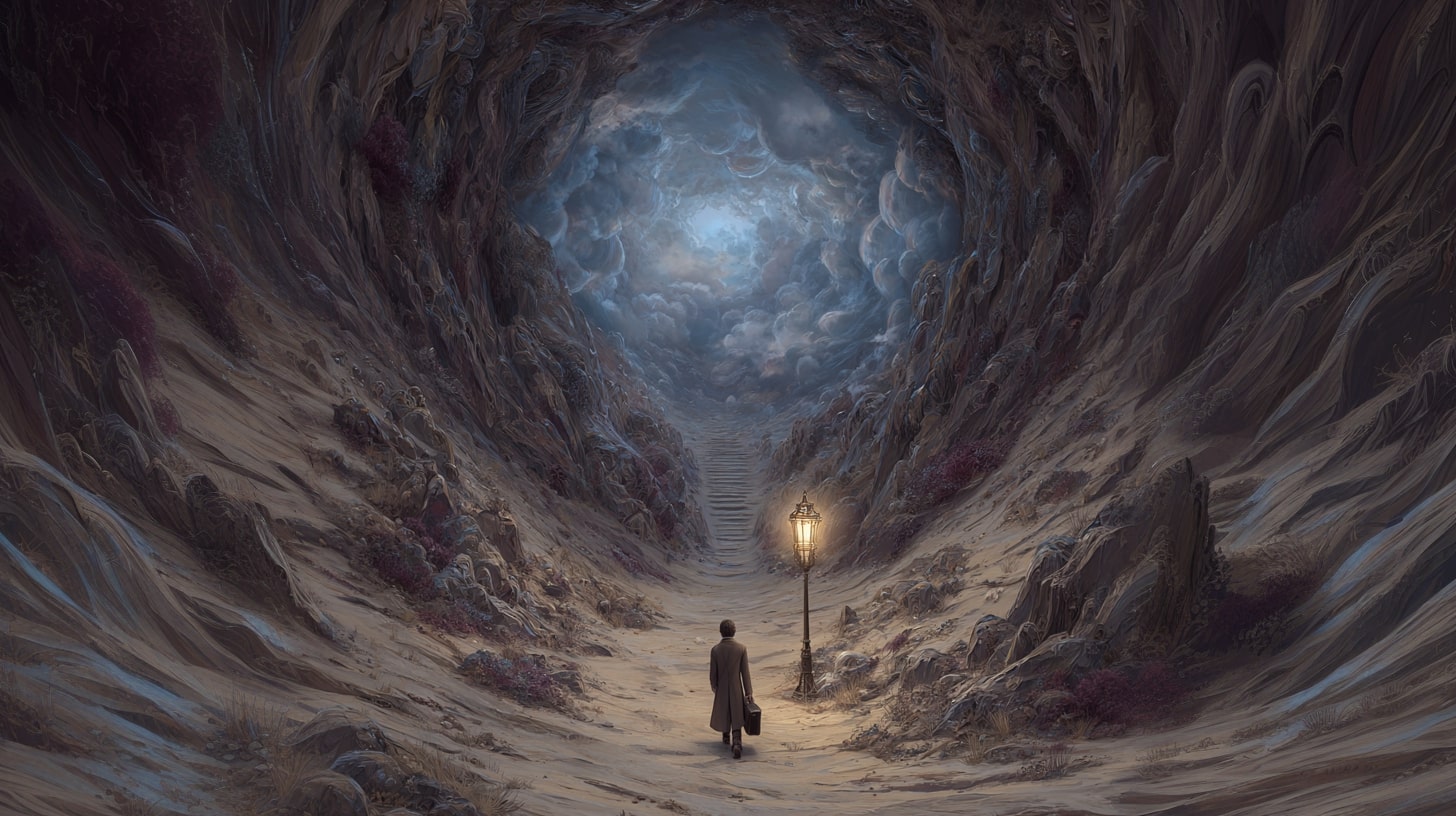
"Dex found the pocket dimension that would change everything. Getting out alive is the hard part."

When two strangers' Blood Clocks synchronize and start counting up instead of down, they have to figure out if they're witnessing a malfunction or measuring something no clock has ever tracked before.
Learn from guides, tutorials, and insights on building immersive worlds
Fresh insights and tutorials for worldbuilders

Discover 13 practical worldbuilding tips for beginners that actually work. Learn to create immersive worlds without gett...
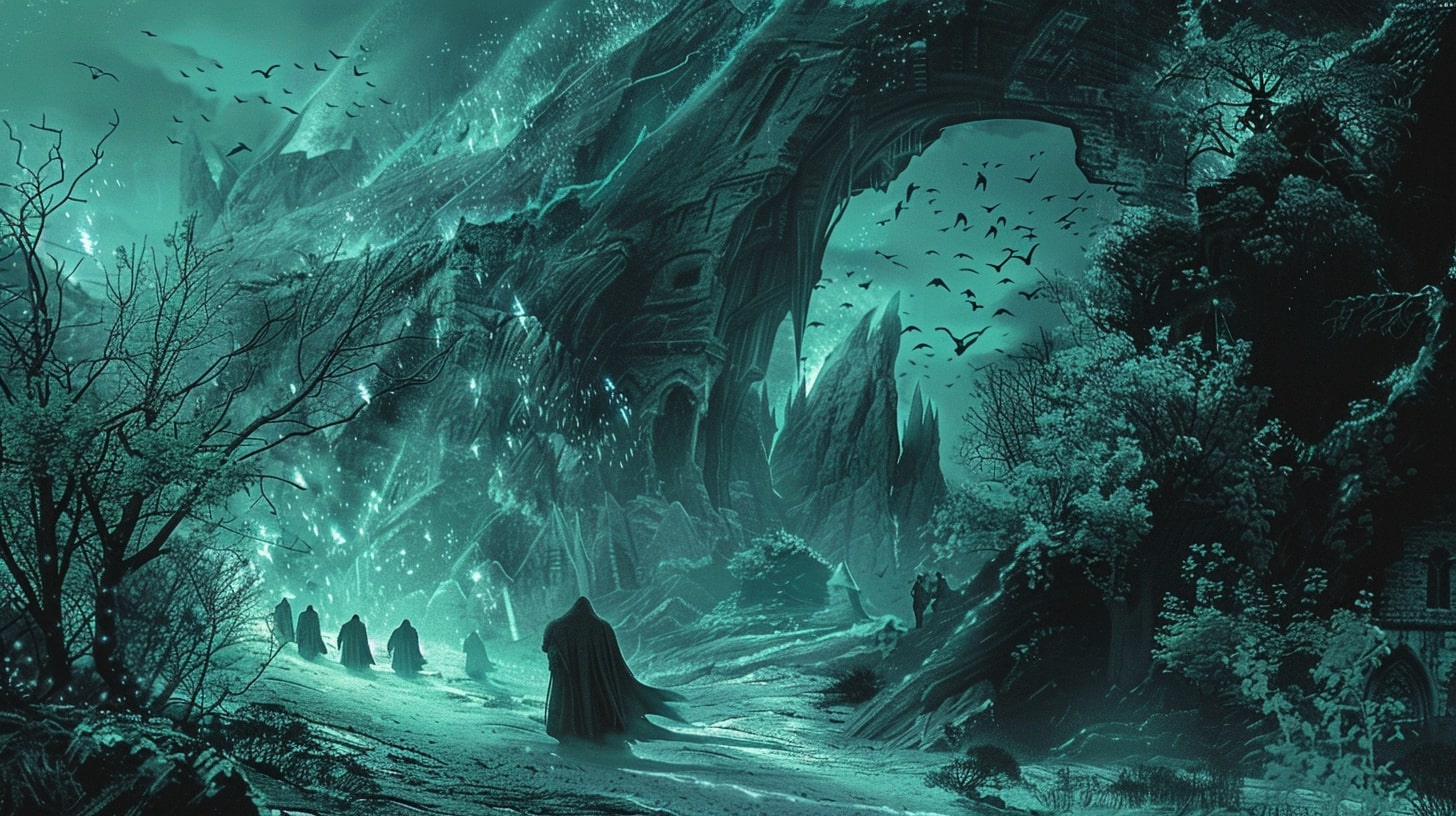
Master iceberg worldbuilding with the 90/10 rule. Learn why hiding most of your world creates deeper immersion than expl...

Master hard worldbuilding with proven frameworks. Build consistent fictional worlds that support compelling stories with...

Discover why soft worldbuilding often works better than detailed exposition. Learn 7 techniques to create immersive worl...
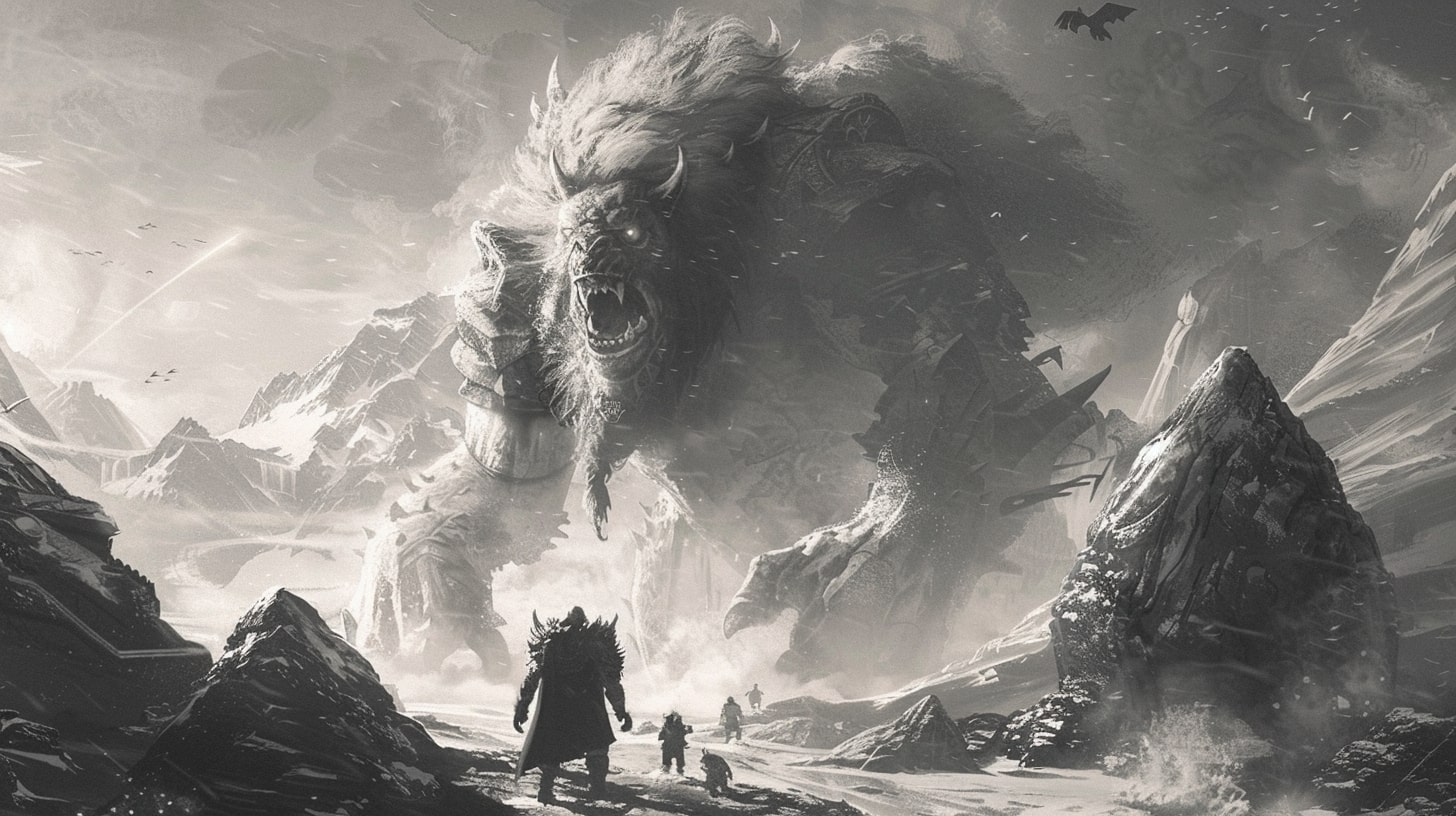
Master obsidian worldbuilding with our complete guide. Build interconnected fictional worlds using proven templates, wor...

Discover how to craft a music-based magic system in your writing and enchant your readers with rhythmic spells!

Join thousands of writers and worldbuilders creating rich, immersive fictional universes.